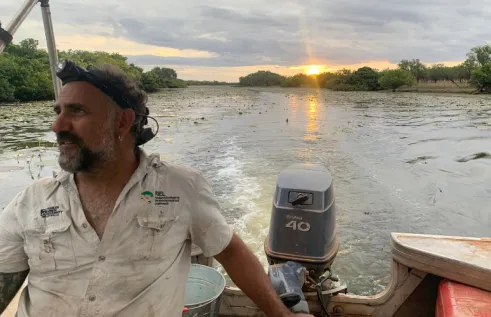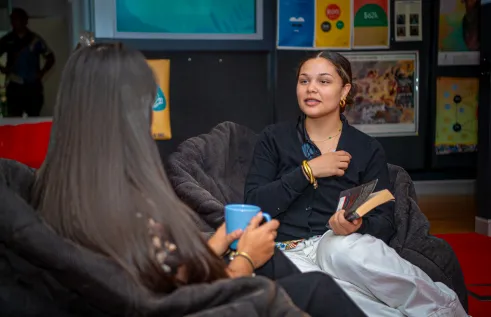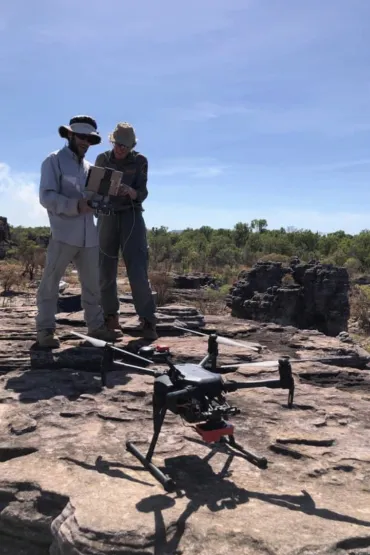RIEL seminar series
Using technology to monitor and evaluate the restoration of Ranger uranium mine.
| Presenter | David Loewensteiner | |
|---|---|---|
| Date/Time |
to
|
|
| Contact person |
RIEL Outreach
|
|
| Location | Casuarina campus, Yellow 1.1.39 | |
| Open to | Public | |
Dave will talk about a range of ways that the Supervising Scientist is using technology to monitor and evaluate the restoration of Ranger uranium mine. The mine site is required to be restored to an ecosystem that is similar to the adjacent environment of the UNESCO World Heritage Listed Kakadu National Park. We are developing and implementing a range of tools to support monitoring aquatic ecosystems, assessing landform stability and tracking ecosystem restoration. Recent advances that combine remote sensing tools with drones are providing the capacity to monitor and evaluate landscapes at a precision, accuracy and scale that is now relevant for large ecosystem restoration projects. On the ground and in the water we deploy camera traps, acoustic monitors and underwater cameras to understand how fish and wildlife are using the surrounding environment and to set expectations for fauna recolonisation of the site. Although many of these tools are becoming commercially available as turn-key solutions for environmental monitoring and assessment, operationalising these platforms still presents a range of challenges. Despite these challenges, a high resolution data capture of the ecosystem allows for measurements of plant species diversity, abundance, patchiness, function and ecophysiology that dramatically improves our ability to monitor and assess the progress of restoration and understand the trajectory of the restoration project over time. This approach necessitates that we scale up our capacity to store, process, analyse and communicate these data with cloud-based platforms, AI models and data dashboards.
Dave is an ecologist and drone specialist with the Department of Agriculture, Water and Environment’s Supervising Scientist. He has a keen interest in evaluating, developing and using technology to monitor and evaluate ecosystems and ecological processes. He previously worked at the University of Maryland and Charles Darwin University engaging with technology developers in order to identify key information gaps in data collection in environmental monitoring platforms and autonomous systems. The challenges presented in collecting high-quality data in marine and tropical savanna ecosystems have translated to applying technologies to develop ecologically-appropriate metrics and monitoring tools for mine site rehabilitation in order to improve restoration outcomes.
Contact Details:
David Loewensteiner David.Loewensteiner@awe.gov.au 0417 641 325
Related Events

STATE OF THE DIS-UNION: Media Literacy in the age of AI
The CDU Library is hosting a free panel discussion featuring Northern Territory journalists who will discuss media literacy, truth, and storytelling in the AI era. Attendees can learn how AI is transforming media, ask questions, and improve their understanding of navigating information in today's landscape.
Read more about STATE OF THE DIS-UNION: Media Literacy in the age of AI
Trophic dynamics of free-flowing tropical rivers
Colton Perna's PhD research explores how river flows and flooding shape freshwater fish communities in tropical rivers, using fatty acids to track how hydrology influences food webs and nutritional pathways. His findings highlight the critical importance of river flow and floodplain connectivity in sustaining productive aquatic ecosystems.
Read more about Trophic dynamics of free-flowing tropical rivers
Why Cross‑Cultural Communication Matters in Indigenous-focused Research
A cross‑cultural research partnership grounded in respect, shared knowledge, and educational equity. Discover how collaboration shaped a transformative PhD journey.
Read more about Why Cross‑Cultural Communication Matters in Indigenous-focused Research
